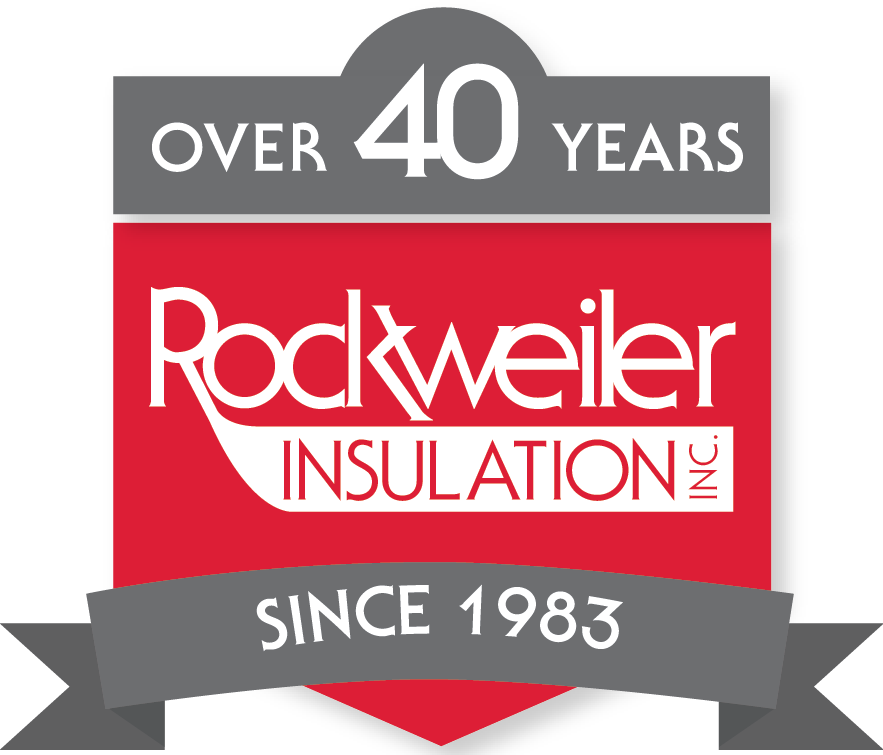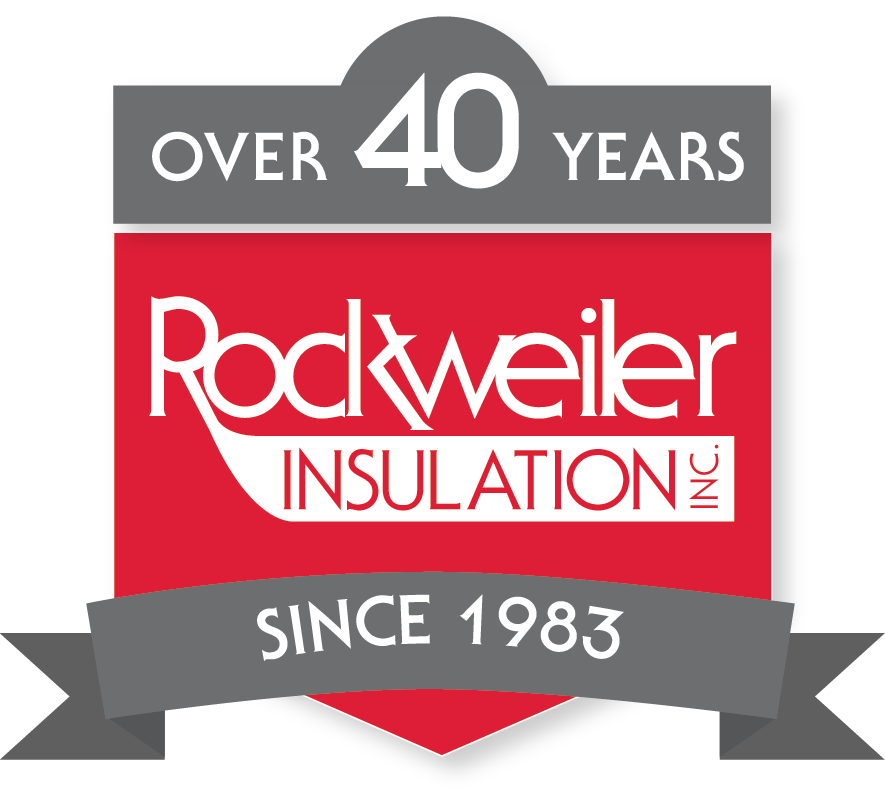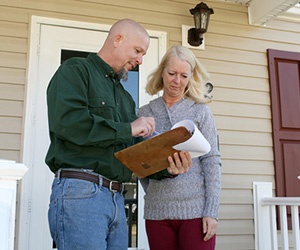
When it comes to home insulation in Wisconsin, cutting corners is never a good idea. Our state’s freezing winters and humid summers put extra strain on our home’s insulation, leading to higher energy bills and potential moisture issues if not installed correctly.
Many local homeowners are in search of insulation contractors to upgrade their attic insulation, perform air sealing, insulate their basement box sills, and more. When we’re looking to hire a contractor, most of us follow a few basic steps. These typically include getting a few quotes, asking if the contractors and insulation companies are insured, and checking a few references or online reviews.
These are all important steps, but if this is where you stop, there is important information you’re not asking for. Knowing the right questions to ask your insulation contractor before they install insulation can save you time, money, and hassle down the road.
Here are some questions you should ask before signing a contract.
Beyond R-Value: What’s the Best Insulation for My Specific Needs?
Insulation is measured in R-value, the measure of an insulation’s ability to resist heat flow. In general, the higher the R-value, the better the insulation’s performance. While R-value is very important, it’s not the only factor to consider. Local humidity levels, the age of your home, and your budget all influence the type of insulation products you choose to use. An experienced contractor will evaluate your situation and home improvement project comprehensively and know the right insulation to recommend, whether it be fiberglass, cellulose, or spray foam.
Wisconsin Rebates and Incentives: Can You Help Me Save Money?

There are many programs that offer rebates, incentives, and tax credits for energy upgrades to your home. Be sure you don’t miss out! Programs like Focus on Energy offer valuable information about these energy efficiency upgrade rebates. Make sure your contractor is familiar with these initiatives and can help you maximize your savings.
Beyond the Attic: Where Else Should I Insulate?
Don’t just assume your attic is the only place that needs an insulation upgrade. It’s important to not overlook your walls, crawl space, or basement because in Wisconsin homes, comprehensive insulation is key for comfort and energy efficiency. Be sure to ask for recommendations based on your home’s construction and priorities.
Ice Dams: How Will Your Insulation Strategy Address This Wisconsin Problem?
Ice dams form when melted snow slides down toward the bottom of your roof and refreezes. Unfortunately, they can cause serious (and expensive) damage to your home if not removed and prevented. Proper attic insulation is a key way to prevent ice dams. Discuss how the contractor’s insulation approach will prevent ice dams and improve your attic’s ventilation to protect your home.
The Importance of Air Sealing in Wisconsin: What’s Your Plan?
Every home has air leaks, small holes that allow air to leak in and out of your home. These air leaks force your HVAC system to work harder to maintain a consistent indoor temperature and contribute to energy loss and discomfort. To maintain an energy efficient and airtight home, it’s important to identify and seal these leaks, especially in your attic. Make sure to inquire about a prospective insulation company’s process for identifying and sealing air leaks as part of their insulation install.
Warranty and Guarantee: What Happens If I’m Not Satisfied?
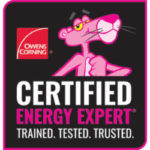
A standard product warranty doesn’t cover the cost of materials in the case of improper insulation or error, while a workmanship warranty does. It’s important to clearly know (in writing!) what warranties and guarantees a contractor offers to ensure the work is done right and to your satisfaction. For instance, as a local Owens Corning® Certified Energy Expert® (CEE), our team at Rockweiler Insulation offers both product and workmanship warranties on our fiberglass products.
Training: How are Your Installers Trained?
It’s important to know that your insulation contractor trains their installers on proper installation techniques. Installation is a key component to the success of an insulation system. A quality contractor fully trains installers to ensure they are educated on steps for proper installation to help ensure your insulation system performs at its highest level. A quality contractor will also hold regular training sessions to keep crews up to date on innovations in building science and to ensure any new installers receive proper training.
A quality contractor will provide additional training for crews as well, including safety training, lead-safe work practices, and following personal protective equipment (PPE) protocol. Following proper safety practices helps keep installers safe and helps ensure an accident won’t happen on your project. If your home was built before 1978, there is a good chance your paint contains lead. Following lead-safe work practices during your project will help contain any dust that contains lead, keeping you and your family safe.
Workers’ Wages: Are Your Installers Paid Hourly or Piece Rate?
When an installer is paid at piece rate, the installer can earn a larger paycheck by installing more footage. The faster they work, the more they make—which can compromise the quality of the install. Not paying attention to details during installation could result in deficiencies in the insulation and could cause damage.
A quality contractor is one that pays their installers a respectable hourly rate. This encourages the installer to take their time and get the job done right. Your insulator should support a culture of quality installation rather than speed, and the pay structure is part of that.
Handling Problems: Does Your Company Have a Quality Control Process?
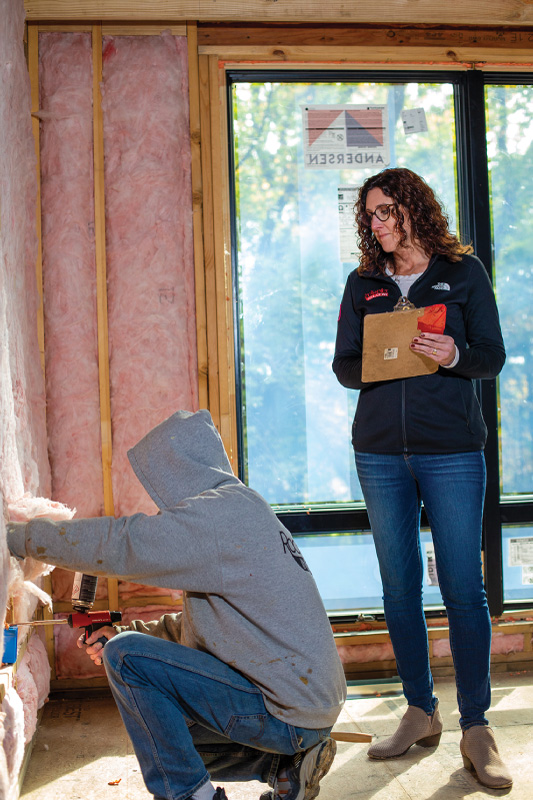
Even if a contractor has a robust training program, problems can arise. Installers may not have the experience to address customer concerns on a jobsite, or installers may encounter a situation for which they need management input. When considering an insulation contractor, find out what kind of quality control process they have in place.
A quality control process should have two components. It should provide installer teams with direct access to a supervisor or manager who can answer questions on the spot. It should also involve regular quality assurance checks to review installer work, confirm all installation procedures were properly followed, and to promptly rectify any issues.
Going Above and Beyond: What Sets You Apart from Other Contractors?
Don’t be afraid to ask a potential contractor about their experience with local homes. It’s crucial to find someone that understands our community’s weather and architecture. Also, be sure to inquire about any specialized techniques, insulation materials, and their history working on homes like yours. Find someone that takes pride in their work.
Insulation Experts You Can Trust
No matter the size of your home improvement project or type of insulation products used, doing your homework pays off. By taking the time to ask a potential contractor these questions, and carefully weighing the pros and cons of their answers, you’ll have peace of mind that you’re hiring a contractor you can trust. With the right insulation strategy, you can enjoy energy savings and comfort for years to come.
At Rockweiler Insulation, we’ve been proudly serving the Madison community and beyond since 1983 with expert workmanship and customer service. We’re here to help you maximize your home’s energy efficiency with quality insulation solutions and are happy to answer all your insulation questions. Contact us today to find out why we are a head above the rest as Madison’s most trusted insulation experts.
